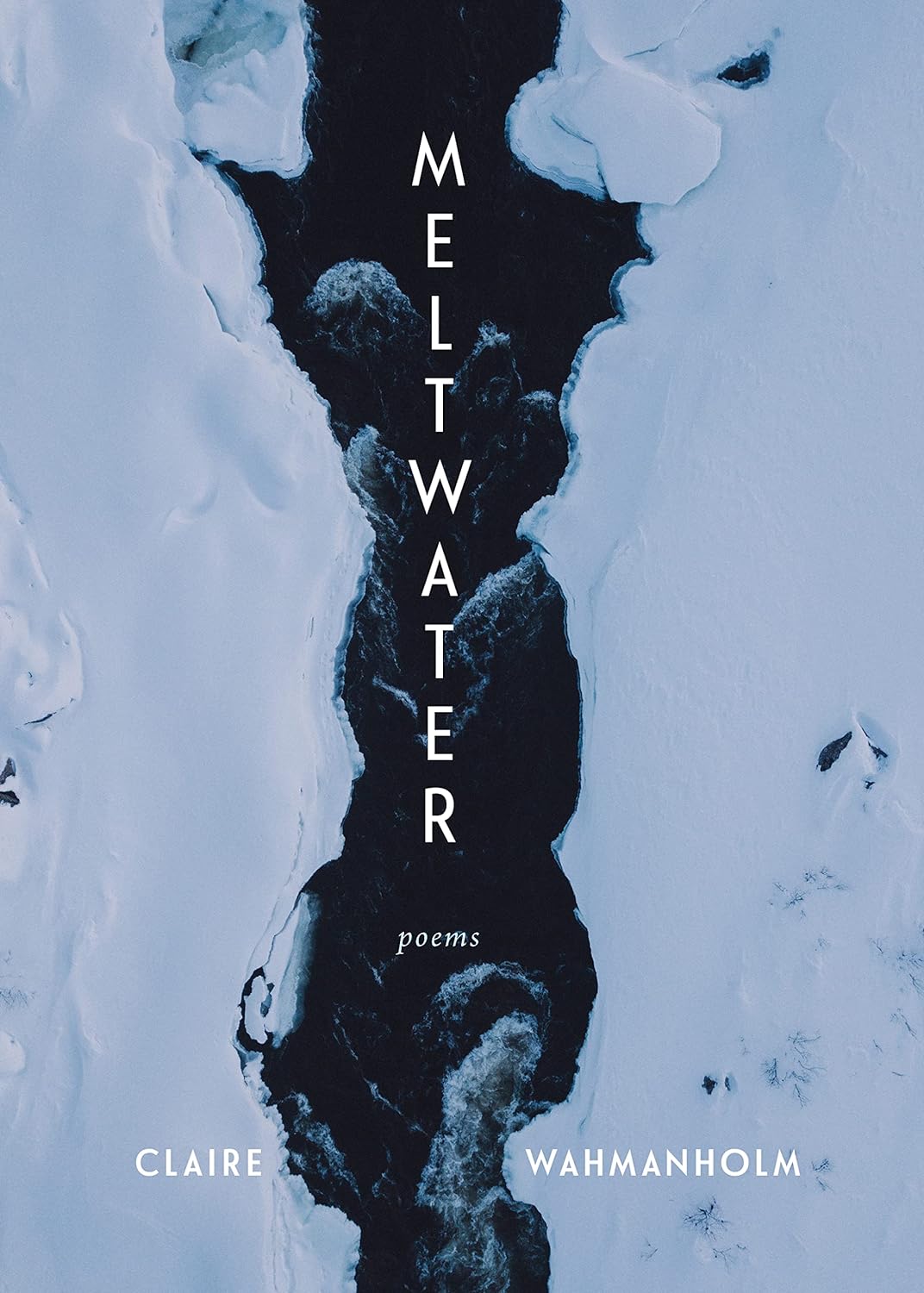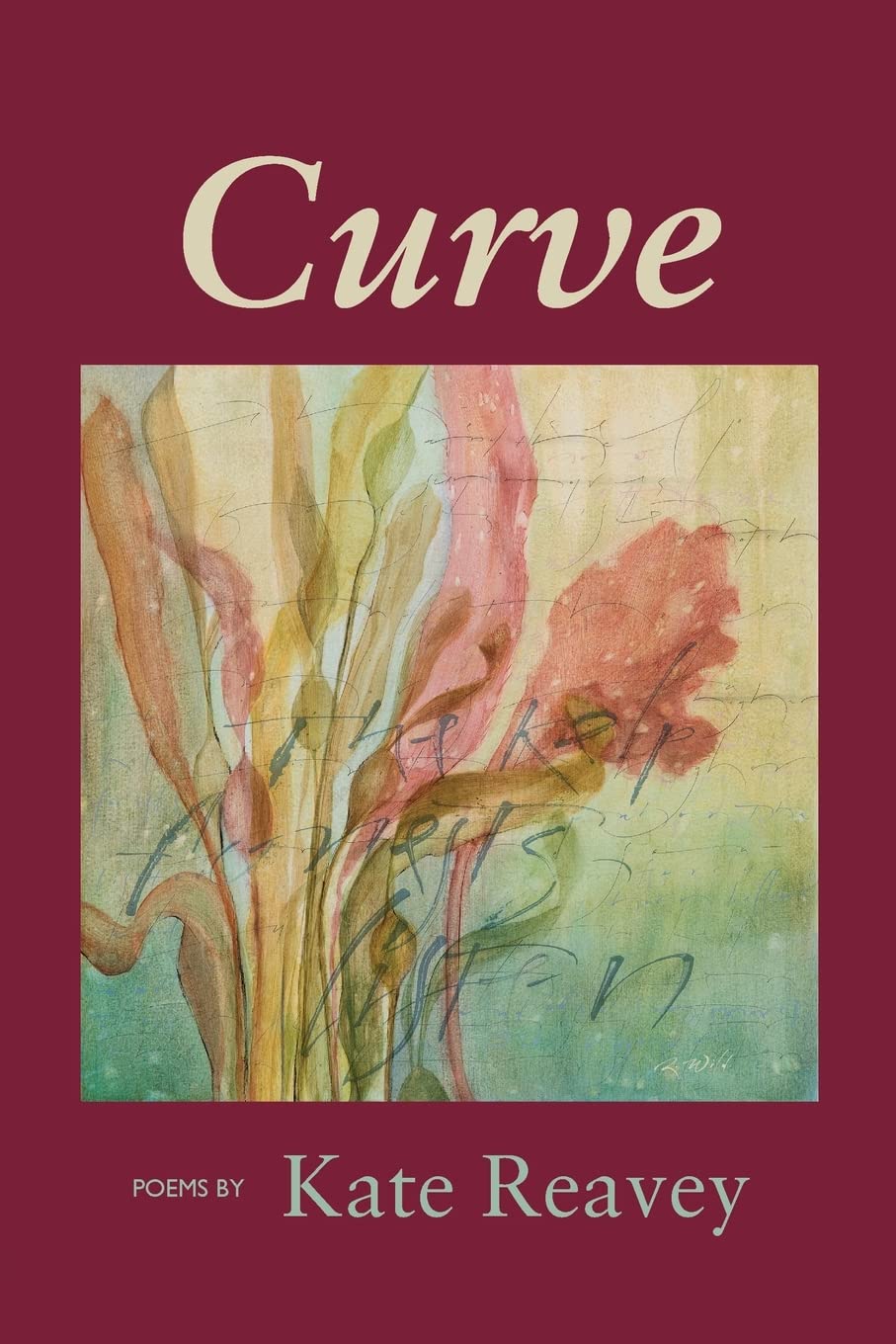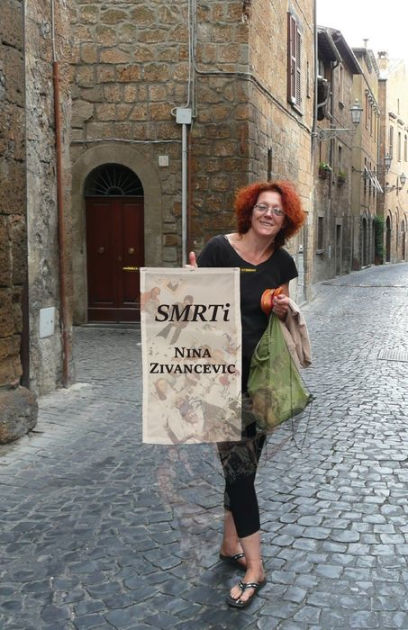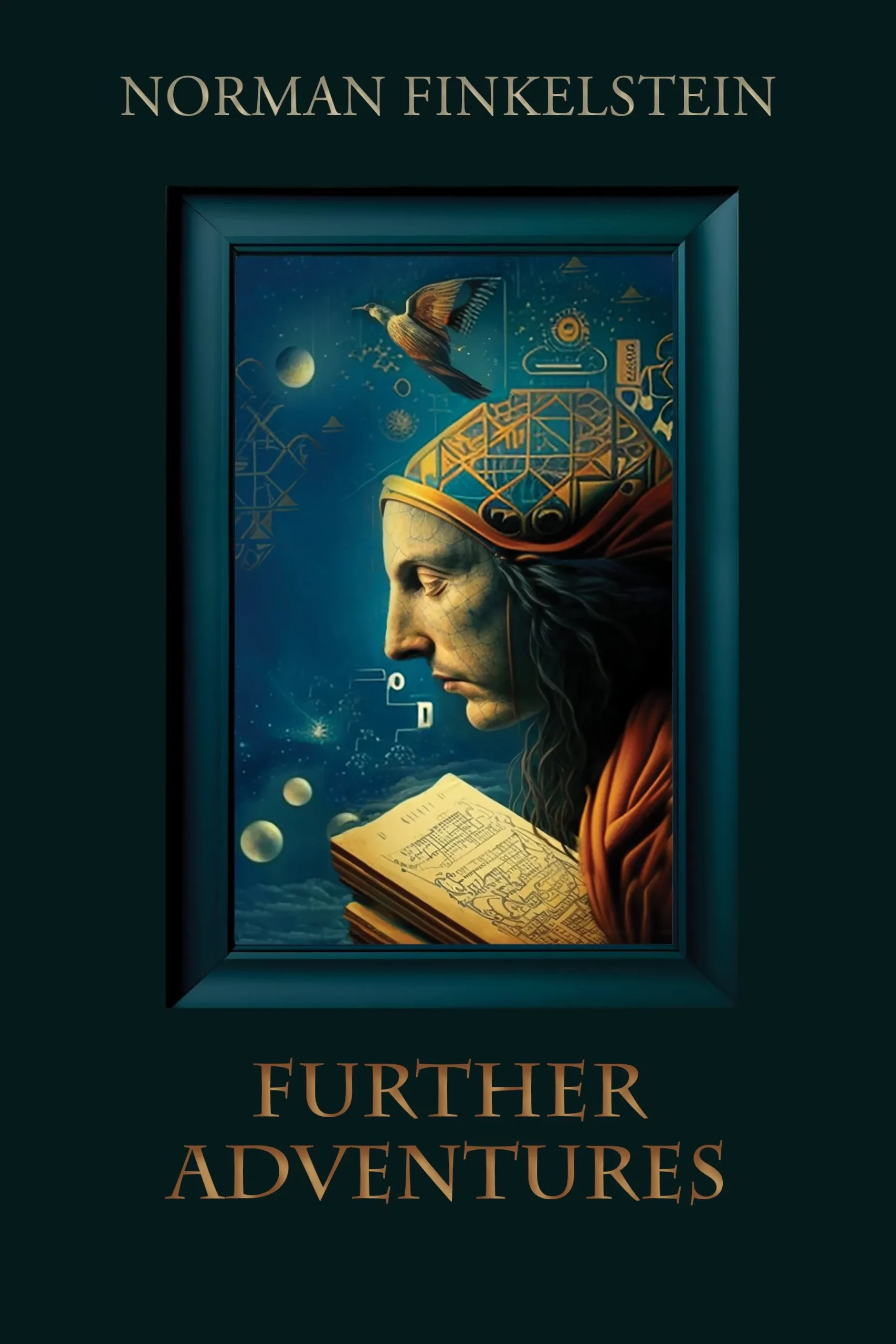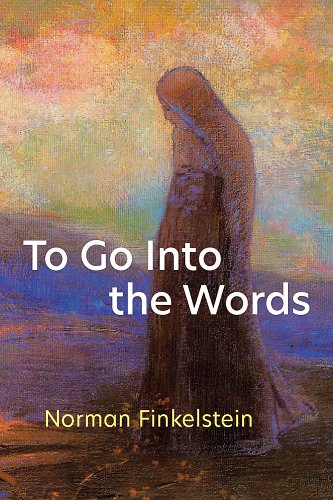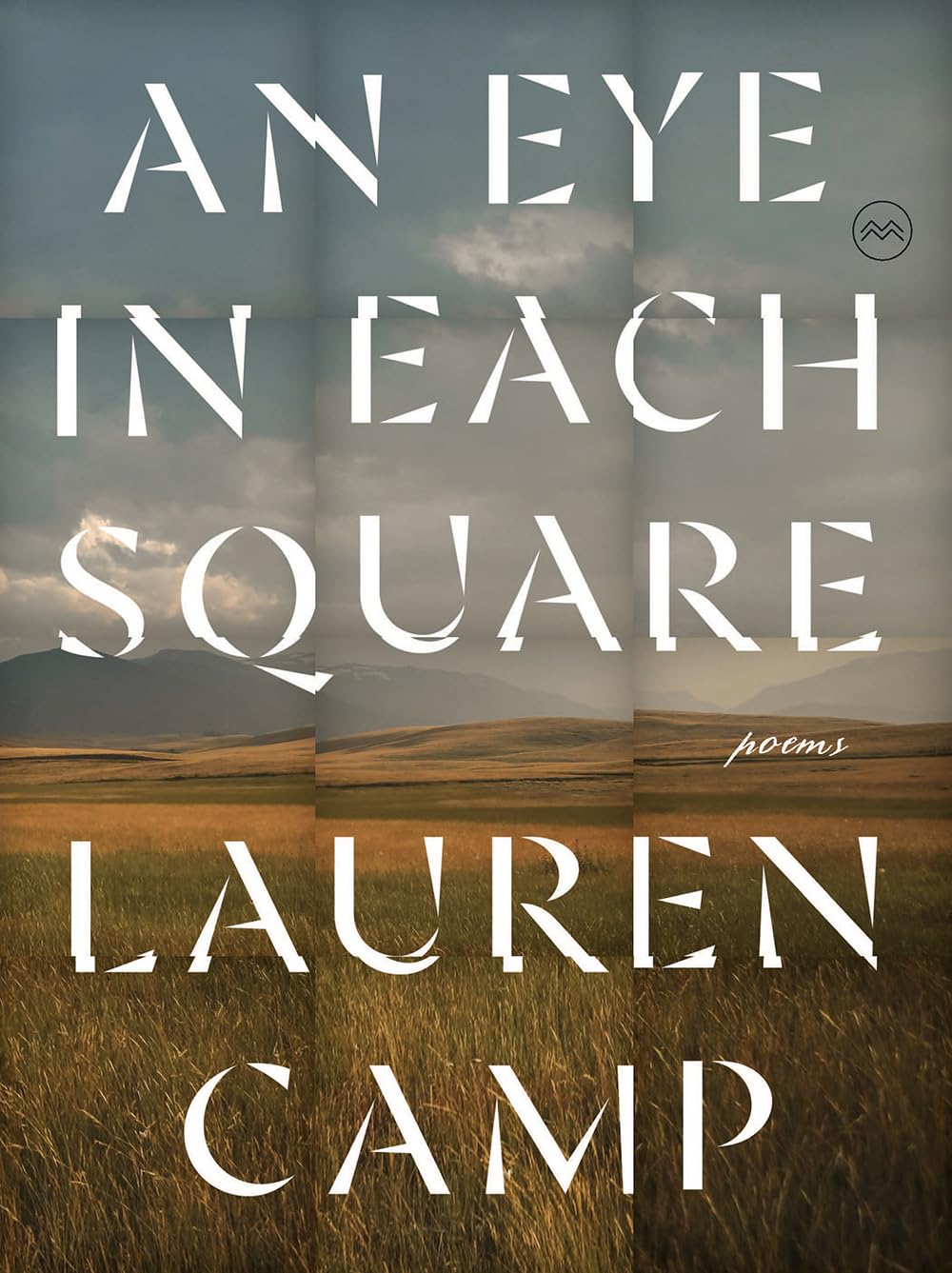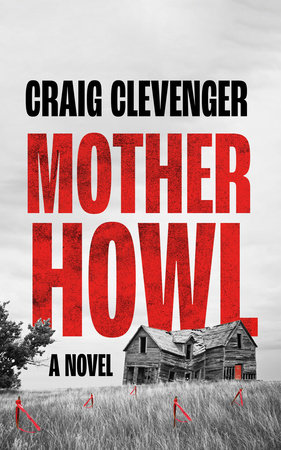by Karen Noll
It was music, not language, that pulled Angela Rodel toward the East. She was already fluent in German and Russian when she heard the voices of Bulgarian folk singers live in concert as an undergraduate and decided that she needed to hear more of those dissonant harmonies and unusual meters. Her accomplishments as a scholar, a linguist, a teacher, and a translator are impressive, and she will talk about them—but when the topic is music, there is an added timbre to her words, and the ways that music enhances the art of translation are certainly not lost on her.
Rodel has been living in Sofia, Bulgaria for more than twenty years. After obtaining degrees in Slavic studies, ethnomusicology, and linguistics from Yale and UCLA, she now translates literary fiction and is the Executive Director of the Bulgarian-American Fulbright Commission. Her awards as a translator include honors from the National Endowment for the Arts, PEN America, AATSEEL (American Association of Teachers of Slavic and East European Languages), the Elizabeth Kostova Foundation, and most recently, the 2023 International Booker Prize for her translation of Georgi Gospodinov’s Time Shelter (Liveright, $27). Newly published this year is her translation of Vera Mutafchieva’s novel The Case of Cem (Sandorf Passage, $21.95), which we discuss briefly at the end of the interview.
Originally from the Twin Cities suburb of Burnsville, Minnesota, Rodel occasionally visits the state; she and I met in a public library space there to talk about music, poetry, Time Shelter, the art and business of translating—and, of course, the importance of public libraries.
Karen Noll: It seems to me that in recent months, translation and translators are getting a lot of attention in the literary publishing world. Have you found that to be true?
Angela Rodel: Yes, absolutely. I have been a translator since 2005, and I was actually a full-time professional translator for about eight years. In my experience it has changed, especially in the last couple of years, thanks to people like Jennifer Croft, who is one of Olga Tokarczuk’s translators from Polish. There is a movement on social media—#namethetranslator—that has been gathering steam. In the U.S., support has been growing for the idea that translation is its own art rather than only playing second fiddle to something more important.
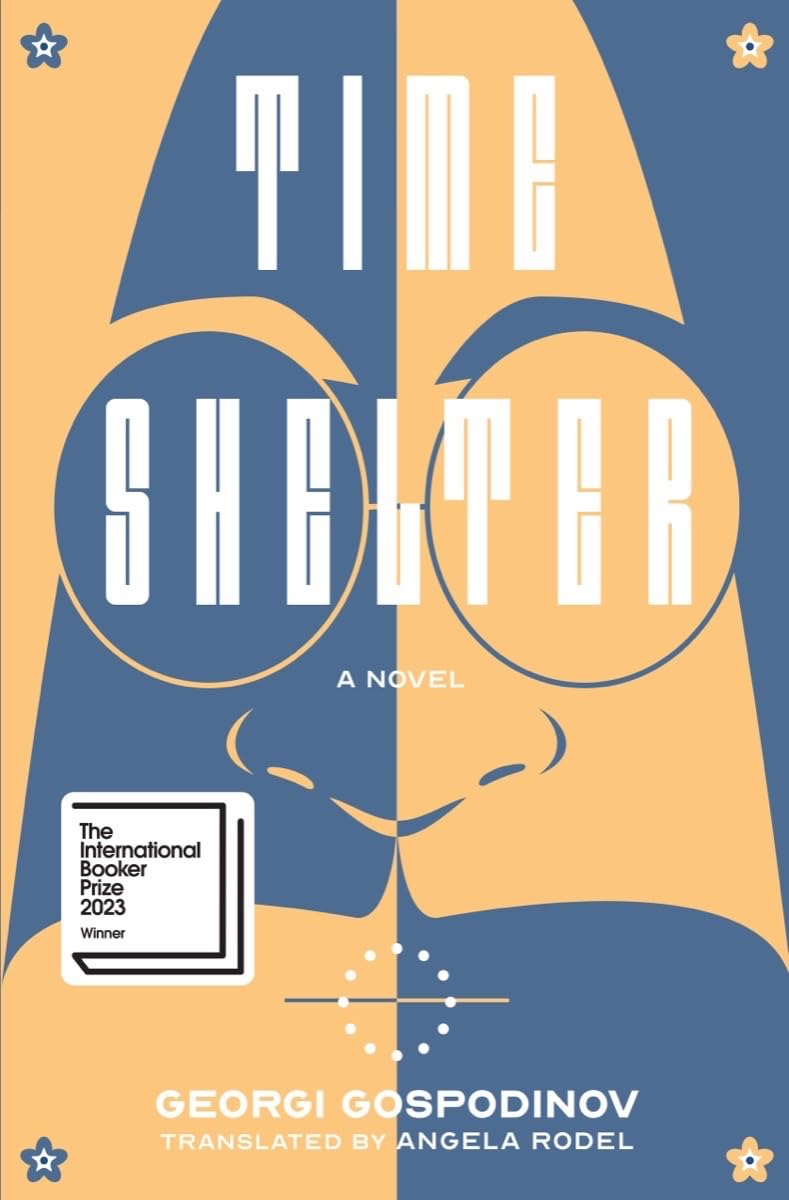 It’s interesting—with the publication of Time Shelter, my name is on the front cover of the U.S. edition, but it’s not on the front cover of the U.K. edition, so I think there are differences depending on the markets. Within the U.S. there has been a concerted effort by organizations like ALTA (American Literary Translators Association), as well as by individual translators, to call out situations in which a translator has not been named. There was just a big brouhaha at the British Museum where an exhibit about China featured poetry in translation. So, yes, I think it’s becoming recognized that translation is an art of its own.
It’s interesting—with the publication of Time Shelter, my name is on the front cover of the U.S. edition, but it’s not on the front cover of the U.K. edition, so I think there are differences depending on the markets. Within the U.S. there has been a concerted effort by organizations like ALTA (American Literary Translators Association), as well as by individual translators, to call out situations in which a translator has not been named. There was just a big brouhaha at the British Museum where an exhibit about China featured poetry in translation. So, yes, I think it’s becoming recognized that translation is an art of its own.
It’s a little bit ironic, though, because this moment of recognition corresponds to the rise of AI, which will change the work of translation. I’ve played with some of the AI programs, and they are quite good with grammar. They’re not so good with register, which tends to be uneven, and they’re not so good with rhythm. But we can’t ignore them, and we translators should probably think about how we’re going to use them as a tool, how we are going to integrate them into our practice, because I don’t think we can bury our heads in the sand and pretend this technology doesn’t exist. We might become something more like glorified editors in the future—I don’t think we’re quite there yet, but we’ll see, we’ll see.
KN: How about the writers’ strike—the Writer’s Guild of America and the struggle to be fairly compensated and recognized. What are your thoughts?
AR: Yes, yes, creative work is work. When people think that just the joy of creativity should be the reward for doing it, it’s like—well, no, you should pay us as well! There is joy in it, but creative work should not be coming only from people who can afford to be creative; that’s not a society we want to live in. It’s hard to make a living just as a freelance translator. The only reason I was able to do it was because I lived in Bulgaria, where the cost of living is less expensive than it is here or in western Europe. Creative work is work that should be compensated as such, and I think we are seeing that idea get stronger in many, many different fields.
KN: Who have your clients been over your years in translation? Obviously this project was a literary client, but are there other non-literary clients that are more lucrative and that sustain your living costs so that you can afford to have literary clients?
AR: Well, now I have a day job—I’m actually the head of the Bulgarian Fulbright Commission, so I only translate things that I want to translate now, like literature. But when I was a full-time translator, I discovered you can’t translate literary fiction all day, every day. It’s too exhausting! So I did have other clients: I did some legal translation and a lot of academic writing. It helped pay the bills. I did not do medical translation, but that is pretty lucrative.
It would be very difficult to survive exclusively as a literary translator. I think maybe people who can survive on literary translation alone are working with a number of different languages—and big languages, like Spanish or Russian—so there is enough interest in publishing that maybe you could make a living out of it. But for a language like Bulgarian, I can’t imagine that you could make a living out of translating literary fiction no matter how much people were willing to pay you; you can’t do it fast enough or well enough.
KN: Oh, I have a question about Russian. I did a bit of reading about the sister languages of Russian and Bulgarian, and I found it fascinating. Can you offer a quick course for the uninitiated?
AR: It’s sort of like Spanish and Italian—they’re cousins. They’re both Slavic languages, Russian and Bulgarian. They are not the same branch of the Slavic family, so they are maybe second cousins, not first cousins like Russian and Ukrainian might be. If you know one, you will understand a lot of the other, like someone who knows Spanish and hears Italian—they can pick out things.
I actually studied Russian at good ol’ Burnsville High School in Minnesota: One of the French teachers—I guess she was inspired by perestroika—started learning Russian and offered it, so I took Russian for two years in high school. Then I went to Yale, where there is an awesome Slavic department, and since I always loved Russian literature—I was that depressed teenager who read Dostoyevsky—it was perfect for me. I studied Russian very seriously at Yale for all four years, but I didn’t want to be a major (though I think I was only two credits short); I had started out in Comp Lit, but I thought the people were too pretentious, so I went for linguistics, and I have my master’s in linguistics as well.
When I got interested in Bulgarian in the early 1990s, mainly through Bulgarian music, nobody was teaching it; there wasn’t the big wave of immigration that there was later. But if you’re a person who likes languages, and if you know Russian, then so many of the roots are the same. The way the languages work is the same. So I basically used Russian to learn Bulgarian. It was a good jumping-off point.
KN: Were you ever a professional translator of Russian or German?
AR: No. Maybe I was just clueless, but it wasn’t really a thing. Nobody really mentioned translation as a possible career. I mean, there must have been very high-level literary translators at Yale, but I was always interested in reading in the original language. I remember reading Mario and the Magician by Thomas Mann. I read it first in English, and then I read it in German and was like, “Whoa!” It was so much better in the original. Maybe I ended up coming across a bad translation, and that inspired me to go back and read the original.
I wasn’t really interested in or plugged into translation as an art or a profession until I was living in Bulgaria. I had done a full year as a Fulbright-Hays scholar, and I was supposed to go back to graduate school at UCLA, and I was thinking, you know, there are no jobs in academia. And Bulgaria was such an interesting place and it was an interesting time, and I thought, “Okay, I can stay here. What can I do?” My husband at the time was a writer and a musician, so people we knew would say, “Oh, I’ve got this poem. Can you translate it?” I realized there was a niche: There were not that many native speakers of English that knew Bulgarian well enough to translate it. And I kind of had a talent for it. I enjoyed it—as a linguist, it was a puzzle. So it was in Bulgaria that I realized there was a huge need for this and that I could actually make a living from it. It was only later that I got plugged into the U.S. literary translation community—thanks to the Elizabeth Kostova Foundation.
KN: And music was a spark for your interest in Bulgarian as well—and specifically women’s voices.
AR: As Bulgarians are a Slavic people, Bulgarian music has much in common with Russian and Serbian music, but since Bulgaria was part of the Ottoman Empire, it also has lots of things brought by the Ottoman Turks. So it’s this awesome mix, the best of eastern and western folk music. And the women’s singing tradition is totally unique. They sing super loud in a chest voice—if you have done musical theater, it is like belting—but that’s how they sing all the time. And they use these really interesting dissonant harmonies that are not typical of western music. They aren’t thirds and fifths that we like; they are seconds, and they sound very dissonant but also very powerful.
During the Communist period in Bulgaria, some musicians took this folk tradition and basically married it to western art music; they kept the vocal style and harmonies and then added a three, four, or five-part harmony. There was a brilliant composer named Filip Kutev who realized what should be saved from the tradition and what should be added; he kind of souped up the tradition with western compositional techniques. Now there are choirs that are world famous; they won a Grammy in 1990. To me it is the most beautiful music in the world, but I’m a little biased. That was the music that I went to Bulgaria to study—both the traditional style and the new choral tradition.
To tie it back to translation, I think it really helps being musical. There is so much music in a text—there’s rhythm, there’s intonation, there’s the sounding of the language. It’s funny, I was at a translation seminar in London and there were a dozen of us from all over Europe working in different languages, and every single one of us was a musician! I would say it’s not a coincidence. People who can hear the sounding of the language, the melody, the rhythm—that is all a very important part of literary translation.
KN: Maybe this is a good place to transition to a few questions about
Time Shelter—I know that Georgi Gospodinov has said he likes to smuggle poetry into his prose, so it seems likely that your musical approach to translation makes you the right fit to bring his work into English! There are specific phrases in the book I especially loved, such as “through the trumpets of tautology.” [129] Was the original Bulgarian phrase also lyrical? This happened a lot as I read: a beautiful phrase made me wonder whether the original phrase was smuggled poetry.
AR: Sometimes we make things in translation—like an alliteration—rather than find an exact match. But “through the trumpets of tautology” is actually alliterative in Bulgarian, so that one worked! But yes, as a poet, this is so important to Georgi. In his previous novel, The Physics of Sorrow, there was a case where he was really drawing attention to the sound of the language. In Bulgarian the word for “the” is placed at the end of the noun, so you would say “book the” instead of “the book.” And it is a hard “tuh” sound like “tuh, tuh, tuh.” Georgi placed a series of these “tuhs” in sequence so that it sounded like somebody falling down the stairs on their butt—sort of “bump, bump, bump, bump, bump.” It didn’t really work with the sound of “the,” so I did it with a “d”:
Dear Young Man,
There are moments in a person’s life that are never forgotten. Today, with trembling hands you untie the knot of your scarlet Pioneer’s neckerchief, replacing it with a red Comsomol membership booklet. This is a symbol of the great trust the Party and our heroic and hardworking people have in you.
Be decent and daring in word and deed! Dedicate the drive of your youth and the wisdom of your mature years to that which is dearest to all generations – the Homeland!
This is yet another stellar example of socialist-speak, though I now see that it is a mouthful. But I wanted to keep this sound play, and I remember looking to see what the German translator did since it might give me some ideas—we always look at each other’s stuff. And he totally skipped that line! I gave him a hard time. For me, so much of the beauty of Georgi’s writing lies in those sound plays and word plays—so when I can, I try to save them, but sometimes I have to use a different sound or if it doesn’t work exactly in this sentence, I will see if I can find something that will work in a different sentence so the text will have that element of musicality that Georgi had intended—even if it’s not exactly the same word or phrase.
KN: How about the title of the book, Time Shelter. It seems to be a single word in Bulgarian. Is there a translator’s story there?
AR: It is interesting, because in Bulgarian it’s Vremeubezhishte, which mirrors the Bulgarian word bomboubezhishte, meaning bomb shelter; the words for time and bomb have the same musicality, the same syllabic structure, in Bulgarian. So the English title works really well in keeping the audible correspondence between time shelter/bomb shelter. But this does not work so smoothly in all languages. French apparently does not work at all, and the book’s French translator (whom I know and who is wonderful) was practically tearing her hair out. The German had to be altered as well—Zeitzuflucht doesn’t call up connotations to shelters like bomb shelters. In Italian it turned out really cool: Cronorifugio. So it depends on the language.
Titles are an extreme version of what we go through with every sentence—the tension between the form and the content. Georgi’s previous book I translated as The Physics of Sorrow; the word in Bulgarian for the last word is tuga, which has the element of sorrow, but it’s really more like melancholy than sorrow. But I feel melancholy just rhythmically sounds terrible. And also, we associate it so much with Freud, and I wanted something Slavic, something guttural like tuga. So I ended up choosing sorrow, and Georgi agreed, but there are naysayers out there who thought that either we should have gone with the more “accurate” melancholy or come up with a completely different title.
KN: I also wanted to ask you about words where you chose to use the Bulgarian and to italicize them using the Roman alphabet instead of the Cyrillic. In some cases, like foods that are Bulgarian specialities, I understand why you might make that choice—shopska salad. But other choices did not make sense to me—satrap, bacho, brate, horo, ajvar, hajduks.
AR: Hmm. Well, in the United States at this point, there is a tendency to discourage any kind of footnotes in literary translation. If you look at old translations, there are footnotes everywhere, but the idea now is that it pulls the reader out of the text—it’s distracting; it can kind of be pedantic; and do you really need to know this much about a single word?
So most publishers want translators to minimize the use of footnotes. We can put in what’s called a stealth gloss, which is trying to define the word in the text so the reader can just translate it on their own. But there is also this idea that we don’t want to domesticate things too much; we want to have a little bit of the flavor of the original language. And even with writers who are writing in English, like Khaled Hosseini, who wrote The Kite Runner—he teaches you about a dozen Pashtun words. For example, he calls the father Baba, and you just learn it as you go.
I think those two things together—the fact that it’s becoming more common to have foreign words in a text to keep some flavor of the original, and also the fact that we don’t want a lot of footnotes—are informing current translation practice. The publisher of The Physics of Sorrow refused to let us use any footnotes, so with Time Shelter, Georgi and I just assumed that we couldn’t, but they sent me some of their other translated books and we were like, “Hey! These have footnotes in them!” So we used them, but rather sparingly; I think there’s maybe ten footnotes in Time Shelter.
We decided that if it was something that was a one-off and we could explain it easily and lightly in the text, then we kept it, like with the mare’s milk, kumis—and that’s not even a Bulgarian word, it’s old Bulgarian, like a central Asian word. Or if it was something that we thought was important—like rakia, which is the brandy that comes up over and over—we thought the reader can learn this, and that the reader should learn something about Bulgaria when engaging with the work.
You don’t want it to be an encyclopedia entry. I teach translation, and Bulgarians who translate from English into Bulgarian are terrible with footnotes: My students might give a whole recipe in a footnote, and I’m like, “Guys. Really? If the reader is that interested, there’s Google.” It’s too distracting—you can’t put that in the text.
And of course, sometimes I think something is clear, but I have lived in Bulgaria for way too long, so the editor might say, “What the hell is this?” And I’ll be like, “Oh, yeah, that’s not a thing that everybody knows.” Between myself, Georgi, and the editor, we decide whether we should slip something into the text, translate it into English, or do a footnote if we really need it.
KN: At one point you use the French word vous to explain the polite form. Is that because there is no polite form in English?
AR: Yes. Bulgarian, like all Slavic languages, has this difference between the formal you and the familiar you. It’s often important in literature because it shows the relationships between the characters. Sometimes if the characters talk about it specifically, then you can use the French word vous-ing someone, because English speakers mostly know that. Or you can use madam or sir or some other kind of workaround so that it’s clear that it’s a formal interaction. Then if it switches between those two characters, they will start using their first names.
I always tell my students that we will get to the fun stuff like dialects and stylistics, but that first they need to think linguistically about the structural differences between the two languages—and honorifics are a big difference. Also, the way Bulgarian uses verb tense is completely different, so we have to look for where those grammatical mismatches exist. You need to find ways to elegantly work around the differences.
KN: Also, the words lass and lassie really grabbed me. Why use those instead of girl?
AR: Because those are old-fashioned words from Bulgarian folk songs, so I want the English to sound correspondingly archaic and folky. There are few words in American English that register in this way, but when it’s folky in the original, I think you have to find something. In American English we flatten register, and everything is informal, so it’s hard sometimes. British English offers more variety, but I’m not a native speaker of British English, so I can’t use those sorts of things.
If Georgi had used the average Bulgarian word for girl, I would have used girl. But he uses devoika, so I felt like I needed to try something that would give it a little of that flavor.
KN: Another phrase that really struck me was in the passage with a Frankenstein analogy about creating something from many pieces. Your English takes the words dismembered and remembered and chops them up to isolate the word member—a word with so much power in the context of communism. I was curious to know what the Bulgarian looked like.
AR: The Bulgarian has the same play. And actually chlen is really interesting in Bulgarian because it has the meaning of member as party member but it also has the same sexual connotation as the English member, so I got lucky with that! I had to do some finessing because the two extended words—dismember and remember—didn’t quite coincide, but it worked well enough that I could use it.
There were other places, however, where Georgi had a terrific play on words but I was like, “Ugh, that does not work at all in English.” This is a thing that AI is not going to be able to do very well.
KN: Only once in the novel—at the very end—did you choose to leave the original Bulgarian in Cyrillic. No Roman letters. No italics. No English.
AR: That last line is actually just Georgi banging on the typewriter. There is no hidden meaning, but we just thought it best to leave it in the Cyrillic, as the letters are beautiful.
KN: The narrator of Time Shelter is a trustworthy guide, and it seems to me that your choices contribute greatly to that trust. For example, after the narrator hears the sound of gunfire, he addresses the reader directly in the second person about this particular neighborhood in Sofia—“Just so you know where you are.” [188] It’s not a tour guide pronouncement, but rather a gentle touch on the shoulder.
AR: Yes, what I love about Georgi’s writing is that even while he is writing about huge historical things, he has an intimate tone. I think what is so brilliant—and I think this is something the Booker Prize jury recognized—is that he is writing about issues like nationalism and how we deal with history, but it’s always a personal experience. His narrator here talks to you as a real human being, a conversation partner, so I really tried to make sure that the voice captured that tone, that it was a real person speaking one-on-one with the reader.
I think that’s important also because Gaustine has a very different voice. He is not trustworthy—he is flamboyant and over-the-top—but we are processing Gaustine’s ideas through the narrator who is delicate and tongue-in-cheek. He has a good sense of humor, but it’s subtle and ironic, and I needed to capture that in the narrator’s voice.
KN: The narrator often refers to Gaustine as being a joker, but he is also unsure whether Gaustine is joking or not joking. The language of irony is nuanced, and I wonder whether you ever had to ask Georgi directly, “Is this line a joke? Is he joking?” just to clarify before you made your choices about irony.
AR: Yes. Sometimes I was like, “I think this is meant ironically, but let me check to make sure!” For the most part with Georgi, I can pretty much assume that if I think it’s ironic, it probably is. But you know, it’s tricky. He speaks English well, so he reads my draft and offers insights like “I’m not sure this is clear enough” or “maybe we should strengthen this,” and that’s always so helpful.
It’s interesting with Gaustine. He is an ongoing character who first appeared in Georgi’s poetry and then as a character in his second novel. He is a meta-textual character, so there’s always going to be a fair amount of irony, but Gaustine is sort of allowed to do things that Georgi, the writer, wouldn’t allow himself to do. It’s his alter ego for sure.
KN: Early on we learn that Gaustine’s name is a merging of Augustine and Garibaldi, and the narrator finds it interesting that the first captures early theology and the second late revolutionism. I didn’t find a lot of theology in this novel. Did I miss something?
AR: That might be indicative of Georgi’s generation: He was born in 1968 and grew up under socialism. Where he does talk about religion—not so much in this book but in his previous one—is more about his grandmother, who would still read the Bible but would cover it in newspaper and do it secretly. I think she secretly baptized him and his brother, because it wasn’t allowed. So it’s a fraught relationship with religion and theology; as a child he was interested but also a little afraid, because it was something that was forbidden.
So for his generation—at least this is true of other Bulgarians that I know, especially intellectuals—their religion is art and literature; that could give you a sort of spiritual experience of something beyond yourself, because you couldn’t really be a religious person in Bulgaria in that era. I would say that Georgi is certainly a spiritual seeker, but maybe because of when he grew up and where, his seeking has been more in conversation with the western literary tradition and the western art tradition.
KN: A very moving scene is when one of the clinic’s patients gets to meet the government agent who was in charge of spying on that patient when he was younger.
AR: Oh, that is my favorite scene in the entire book.
KN: It is brilliant. The patient has lost his memory, but the agent remembers everything. The agent supplies the details, some very personal and painful, to help the patient remember his life, but clearly both the watched and the watcher have suffered over the years. I thought it was a brilliant way to humanize the wounds of the surveillance state, and the encounter—long after the surveillance state has dissolved—is healing for both. Georgi refers to the pair as the “closest of enemies.” [54]
AR: Yes, and the word “wound” is so resonant. Bulgaria as a society has not really found a way to talk about what happened in their country like Germans have about the Holocaust, i.e., how are we going to move forward and discuss this? Bulgarians have not had that kind of reckoning about the socialist period. There are some people who have very positive nostalgic memories about the socialist period; there are many who are very negative. And it seems like those two camps have not found a way to speak publicly. So I just love that scene because it makes it personal but also taps a nerve that the entire society is still struggling with. There is blame, but both of those characters—the agent and the dissident—were in it together.
Until about six years ago, history books stopped at about 1944, meaning kids in school did not learn history past that date—because they didn’t know how to talk about it, they didn’t know how to teach it. Finally, the ministry of education said, Okay, we need to change our textbooks. And it was a big public to-do because some of the books were too positive about communism, some were too negative, and they tried to find a kind of middle path. But it’s a very real wound that is still being processed there. I think this story is so poignant because it shows that whoever controls memory has so much power, and that power can be abused. It is still a very real conversation in Bulgaria and in a lot of eastern Europe. Look what’s happening now in Russia with Putin: He wants to control the historical narrative.
I’m sorry, I’m going off on a tangent a little bit, but the Sofia mayoral elections are coming up, and one of the candidates launched by the anti-corruption, pro-Europe, pro-western parties is a guy whose parents were part of the surveillance state. I know him personally because he went to the American University in Bulgaria; he is a brilliant tech start-up guy who launched the first Bulgarian IT unicorn, and he is re-opening that whole conversation. It’s amazing. He is younger than I am and probably born in late socialism, maybe in ’85, so he is not somebody who benefited directly from the power structure of socialism, though his family benefited. So we are asking the questions: Is he worthy? Is he burdened by being from that family? Does he carry some blame? Are people able to judge him on his own merits? It is just such an interesting conversation. I hope he gets elected; he would be a great mayor. But there is a chance that he won’t because of his family’s history. These topics are very painful still in Bulgaria and in a lot of eastern Europe. They haven’t had the time to process it as a society.
KN: I was moved by this encounter between the “closest of enemies” simply because the agent became the one who could release another human being from the dark place that is Alzheimer’s. So I read it as an incredibly healing scene.
AR: But Bulgarians will read that scene very differently than you. They’ll see the power imbalance. They’ll see him with the potential to abuse that position.
KN: Yes, and he did abuse it, especially when the surveillance was about sex and love. Are there any conversations happening about a film being made of Time Shelter?
AR: Yes. I haven’t been part of them, but I know that they are happening. So his agent is busy. I think it would be a great movie.
KN: It seems that writing about memory is having a moment right now. Are there novels or films that Georgi has mentioned as having an influence on his thinking?
AR: We have seen many comparisons to recent things about memory, but I think Georgi looks to work of the past and not so much to contemporary literature. Proust and In Search of Lost Time—that’s who he is dialoguing with here, and Thomas Mann with the clinics, you know; when I was reading this, I went back and reread Magic Mountain.
That said, what the author intends is neither here nor there once the book is out in the world. And I think so many of us are realizing that memory is who we are and how we make sense of ourselves. A big part of mind control is memory control. I think that was part of what the Booker liked about Time Shelter—that it is a literary exploration of themes that we need to start thinking about pretty urgently. Georgi is tapping into a collective angst.
KN: Geez, Magic Mountain is quite a tome for anyone to take on in translation prep!
AR: I know. And because I am a translator, I had to decide, which translation should I read? Because it has been translated several times and they’re different. Georgi uses some quotations from the novel and I wanted to see which one fit best for my translation. This is something that happens not infrequently when Georgi quotes from other writers; the way they have been translated into Bulgarian is not always the way they have been translated into English, and for his use of the passage it would make perfect sense in Bulgarian but not so much sense if I used the English translation! And obviously both are departures from the original German, but the Bulgarian translator was a bit fancy free with their translation…
KN: So you had to find the English translation that best captured Georgi’s reason for using it.
AR: Actually, we have some funny examples of this from Georgi’s previous book. He was joking about how it was very difficult to get access to anything to do with sex during socialism, so kids would read German underwear catalogs, or The Godfather by Mario Puzo; he said there was a scene in it that was very racy, but it turns out that the Bulgarian version was totally censored—it still had a little juice, but the English was way juicier. We had a good laugh about the watered-down version; Georgi was saying how they didn’t even get the full scene but it was still steamy for them! We actually ended up putting the censored version in the novel so that people would understand what Bulgarian kids were reading and thinking. Bouncing between different translations here and there, it can be funny to navigate those sorts of things.
KN: Okay, I went down a rabbit hole with Thomas Mann translations and learned that his first translator was an American woman named Helen Tracy Lowe-Porter, and that Boris Johnson is her great-grandson!
AR: What?! I will tell Georgi, he will get a kick out of that!
KN: What are you working on now?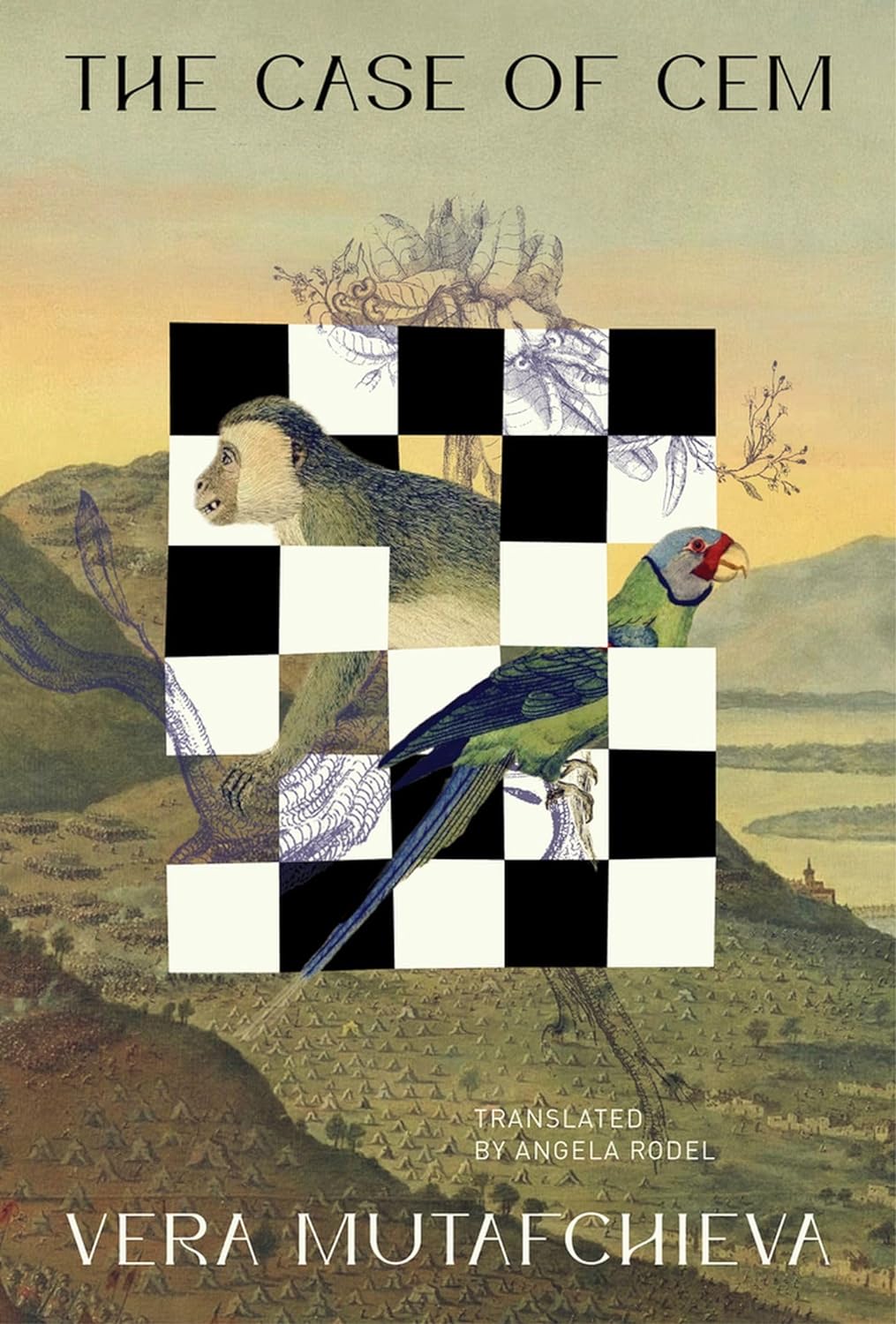
AR: I just finished a translation of a historical novel called The Case of Cem by a woman named Vera Mutafchieva. She is not alive any longer, unfortunately. She wrote mostly during the socialist period, and she was actually an Ottoman historian which is kind of unusual because Bulgarians have a very fraught relationship with their Ottoman past. Like most European countries, they define themselves as not-the-colonizer. But she was a well respected Ottoman historian, and a really great writer. She wrote a lot of historical novels.
She wrote The Case of Cem in the 1960s, and it’s basically about Mehmed the Conqueror, who has two sons; when he dies, there is a war to decide which son will ascend to the throne. The younger son loses and goes into exile, then becomes a pawn for several countries wanting to limit the expansion of the Ottoman Empire; this is the late 15th century, when the Ottomans were becoming a threat to Europe. Instead of uniting and smacking down the Ottomans once and for all, the Europeans end up fighting among themselves, and the Ottomans take over the Balkans essentially and make it all the way to Vienna. So the question in the novel is, what if the Europeans had actually supported Cem, whose mother is Serbian, and what if they had pushed back in a united way against the Turks?
It explores alternate histories, but it is super avant-garde for 1960s Bulgaria. It is set in a court where you don’t ever hear from Cem but the reader is part of the court panel, and you hear from all the witnesses about different aspects of what happened with Cem and why he basically wasn’t supported by the Europeans. It is a very interesting structure.
But also, there are contemporary resonances. Vera Mutafchieva’s brother defected to France during the 1960s, which made her life complicated, so this is a personal, parallel story of a young man in exile who gets caught up in political machinations that he doesn’t understand. And then there is this queer storyline: You never hear from Cem, but you do hear from a Persian poet who is Cem’s companion, and it becomes clear that they had a relationship. (How on earth this got published in 1960s Bulgaria is a mystery!)
And it has a lot to say about what is going on with Ukraine now, because what the Ottomans did is divide and conquer. They paid off the Europeans to continue fighting among themselves while they took over southeastern Europe. This is what we are seeing with Putin. He is definitely playing that game with gas and energy and grain, basically playing Europeans off each other. I think there are a lot of lessons in this book, and it is very funny as well—she is a very good psychologist, so all these different historical characters come before the court.
KN: Who is publishing it?
AR: Sandorf Passage, which is a small literary fiction press. I am excited about it. It is a really fun book, a really interesting book, and it has been translated into almost every European language, including three or four different Turkish translations. English was pretty much the only European language that it had not yet been translated into.
The author is an interesting character as well. Right before she died, she was exposed as a communist secret service informer, and she was kind of defiant about it. But, you know, her brother being a defector, she didn’t really have a choice. She herself had a hard life. Her husband eventually defected and left her alone with her two daughters. She passed away in 2009; I never met her unfortunately, but I know many people who knew her.
KN: Like the narrator of Time Shelter, you are sitting in a place where you grew up, but you are a visitor after having been away for many years. What do you find yourself noticing, thinking, feeling about the passing of time? And if Minnesota were holding a referendum to select a decade to return to, which one would you vote for?
AR: It’s funny you ask that because my dad had a bee in his bonnet about having me clear out all my old stuff from his basement, so it really has been like a time shelter—I have been going through old photos from high school and college. But, hmm, the U.S. these days is an interesting place. The level of polarization is palpable. That for sure makes me sad. I also feel the U.S. has got to get the guns figured out—we cannot go on as a society with this level of gun violence. Living in Europe, despite all my daughter’s trials and tribulations in school, at least I don’t have to worry about her getting shot.
On the other hand, I feel like I notice many things I didn’t appreciate when I lived here. Like how beautiful the lived environment is—even where we are in now, this amazing public library that is beautiful and well maintained—living in a post socialist country, there is a sense that public space is not cared for as well. Eastern Europe still has something to learn. There is a legacy of being forced into the shared, the communal . . . I don’t necessarily want to, but I find I’m turning inward to my own home, my own spaces, and I feel bad because libraries are neglected in Bulgaria. Communal spaces in general are not well funded. So I appreciate that much more now when I come back to the U.S. and spend time in these sorts of spaces.


